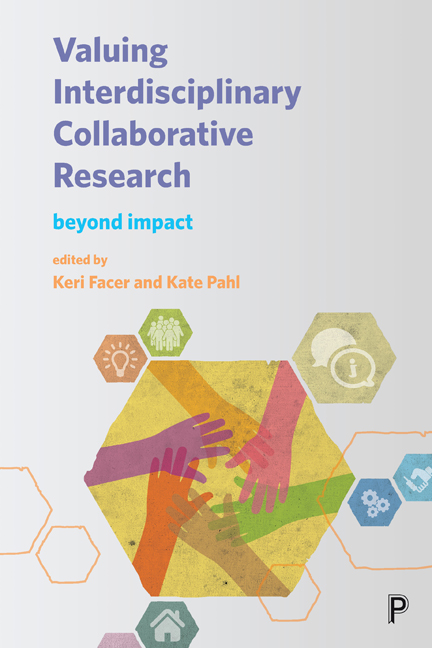Two - Evaluating legacy: the who, what, why, when and where of evaluation for community research
Published online by Cambridge University Press: 05 April 2022
Summary
Introduction
In this research we understood legacy in terms of how the projects served the community involved and delivered outcomes for them. We sought to use evaluation to understand this legacy. Within policy analysis, evaluation studies have a long history of extensive methodological and theoretical work. Over 60 years, a whole academic industry of policy evaluation has emerged. Much of the literature is dominated by epistemological debates regarding the measurement of change and causation. For instance, while methodologies such as the randomised controlled trial (RCT) dominate the mainstream, and are seen as the ‘gold standard’ among some scholars (Haynes et al, 2012) and bodies such as the UK Treasury and UK Civil Service (Government Social Research Unit, 2007; HM Treasury, 2011), there is also a broad critical literature highlighting the methodological and epistemological weaknesses of such approaches (Pawson and Tilley, 1997). As will be explored below, evaluation and evaluative approaches make us focus our attention on ontological and epistemological questions about researcher positionality, power and knowledge, how we understand social objects, and how we understand and interpret causation.
This contrasts with ways the legacy of academic research may traditionally be evaluated, for instance through the number and quality of journal papers submitted for audit exercises such as the Research Excellence Framework in the UK (see Introduction to this book and Research Excellence Framework 2012). The outputs of research co-produced with communities, such as the projects in focus discussed below, often fit uneasily within the audit regimes of contemporary academic practice (Pain et al, 2011). In evaluating the co-produced research, our research created an artificial experiment, as many evaluations do, to consider the strengths and limitations of academic-led evaluative studies, and the strengths and limitations of a study led by community partners supported by a university-employed researcher. It thus had two purposes – first, to deliver substantive evaluations of three earlier, co-produced, social ‘interventions’ and secondly, to compare different approaches to evaluation. In this chapter we do two things. First, we report on the findings of the evaluations to explore what the legacies of co-produced research are. Secondly, we use the collective reflection on doing evaluation to provide a rich account of how we might embed evaluation into community co-produced research.
- Type
- Chapter
- Information
- Valuing Interdisciplinary Collaborative ResearchBeyond Impact, pp. 45 - 64Publisher: Bristol University PressPrint publication year: 2017



